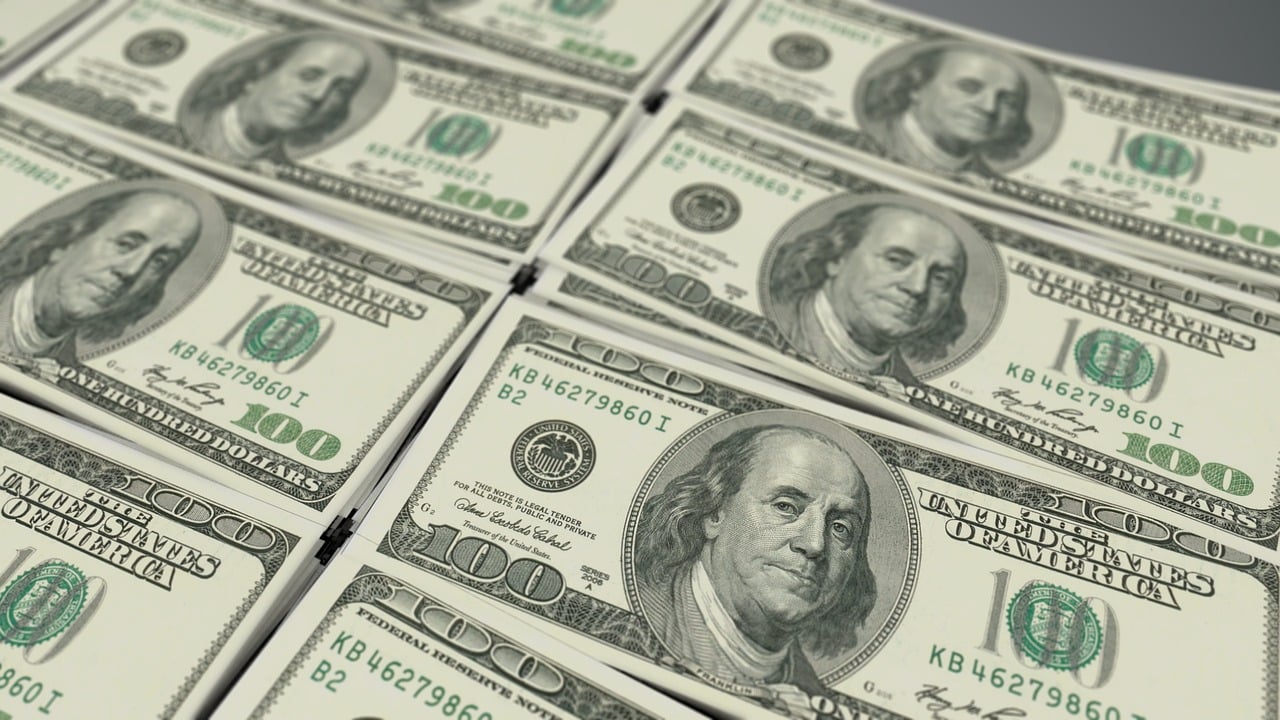During economic recessions and downturns, people tend to spend less and save more. The thinking is that a larger personal savings account provides insulation against future job loss and lower earnings in the stock market. But the paradox of savings says this may not always be true.
The Paradox of Savings
Outside of a college economics course or an occasional mention in academics, the paradox of thrift, also known as the paradox of savings, doesn’t get discussed much. In the most basic sense, this economic theory postulates that personal savings are, contrary to popular belief, a drag on the economy during periods of recession.
“This theory relies on the assumption that prices do not clear or that producers fail to adjust to changing conditions, contrary to the expectations of classical microeconomics,” Investopedia explains.
Popularized by British economist John Maynard Keynes, the paradox of thrift suggests that the proper response to an economic recession is actually more spending and risk-taking (and less savings). The belief is that a recessed economy will not be able to produce at full capacity unless there’s consumption and spending to drive economic growth.
The problem is that there seems to be a disconnect between individual and group rationality. In theory, the economy would be able to pull out of a recession if everyone banded together to spend. However, individuals don’t always operate with the collective in mind and are more likely to save and hoard on a case-by-case basis. As a result, recessions drag on until other elements are able to successfully move it forward.
But the paradox of thrift isn’t a perfect theory. Unless people are saving money by tossing cash into a shoebox, their savings are contributing to the economy.
“When you put money in a savings account, it becomes money that the bank can then lend out to businesses,” personal finance expert suggests. “Thus, when more people save, the banks have more resources to pump out to businesses, and when the businesses have more resources, they employ more people, innovate new products, and find new ways to sell.”
The only way for consumers to rally and help the economy is to be wise with their money. By spending, saving, and investing – regardless of whether there’s a recession – the economy has its best chance of thriving.
How to Spend Wisely – No Matter the State of the Economy
We’re living in a period of great economic growth and success, but we’re only a decade removed from one of the biggest recessions in our country’s history. This just goes to show how fickle the economy can be. And whether it’s good times or bad, you need to be smart with how you spend, save, and invest.
Here are some helpful principles to guide you along the way:
- Spend, But be Smart
You should spend money on discretionary expenses both during times of economic growth and recession. But regardless of which end of the spectrum the economy is on, you should be smart with how you spend your money.
The explosion of ecommerce has created extreme competition where there used to be limited options. This is a good thing for you as the consumer. Here are examples of ways you can practice smart spending:
- Purchase discounted gift cards for stores and restaurants that you frequent.
- Always search for coupon codes before completing an online purchase. Ebates is a great place to start.
- Join a wholesale club like Costco, BJ’s, or Sam’s Club and purchase staple items in bulk.
- Save and Invest
Saving is certainly an integral part of financial stability, but there’s also something to be said for investing in the stock market (either through mutual funds, individual stocks, or retirement accounts). In doing so, you not only maximize your potential ROI, but you also feed the larger economy.
- Support Local Business
Large corporations like Walmart and Target will survive recessions. It’s typically the small businesses that struggle the most. And when small businesses fail, their business owners and employees feel the burn. To protect the economy, support local businesses as much as possible.
Prioritizing Personal Finance in America
Americans are notoriously bad for practicing sound personal finance. It’s what frequently gets us in trouble and accelerates the tailspin in times of economic recession. By collectively working together to implement smarter personal finance, we can all play a role in making America’s economy strong.





